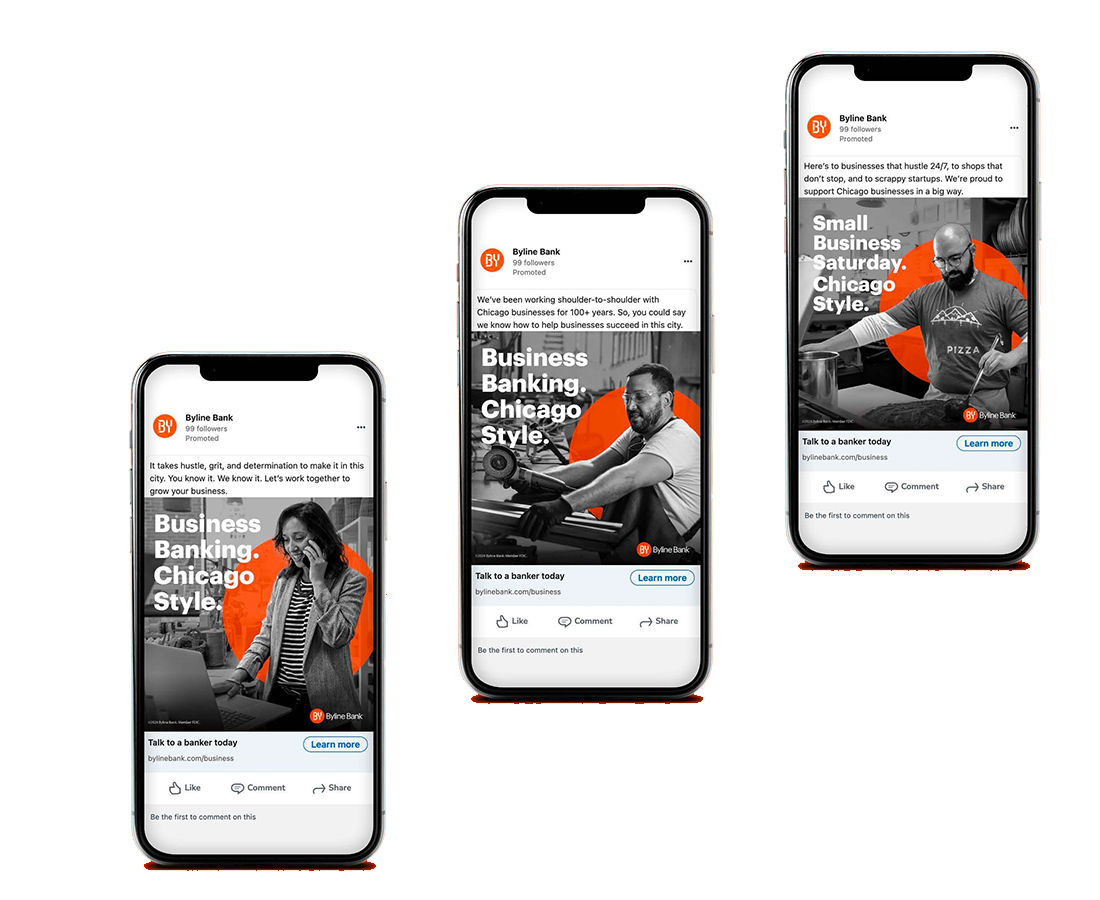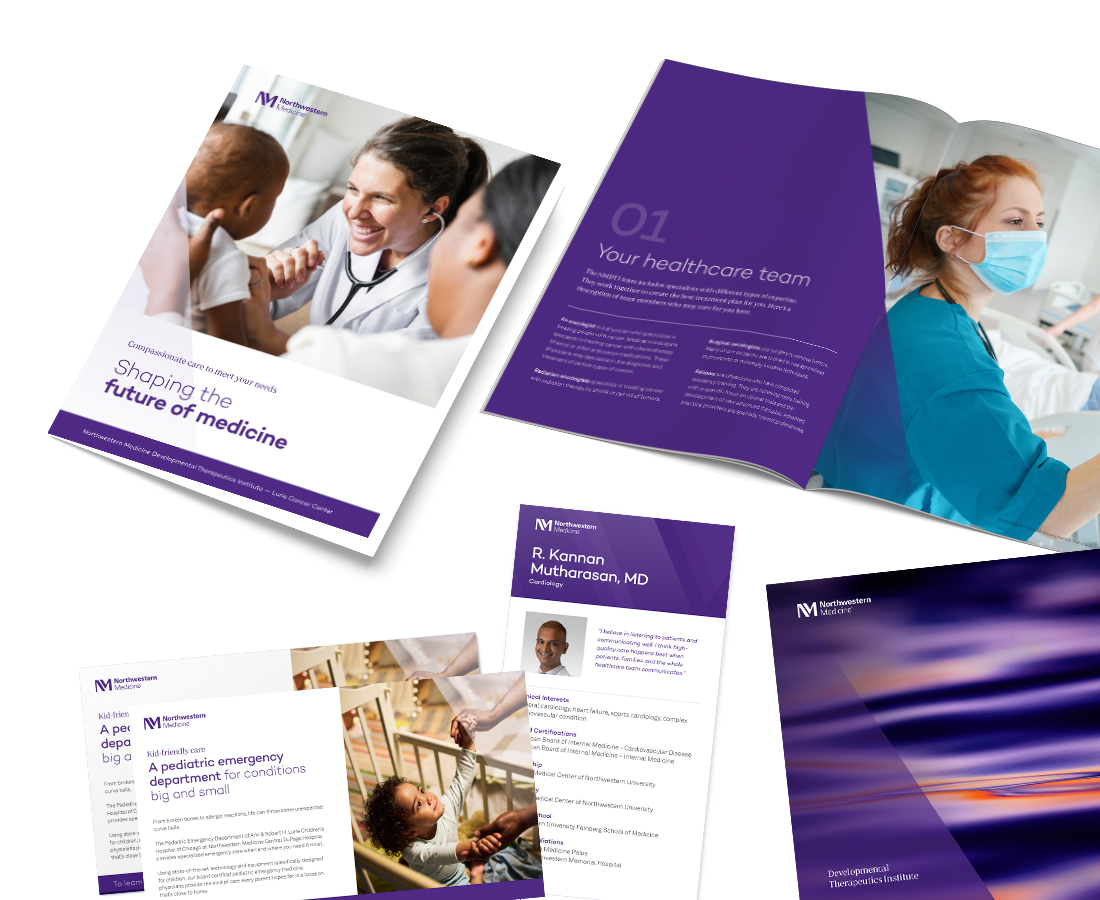Influencer marketing is for professional services, too

These learnings are adapted from our McGuffin Mornings event: Putting the Power of Influencer Marketing to Work for Professional Services with Katie Stoller. You can access a full recording of the event here.
Influencer marketing is big business; the influencer industry is worth over $21 billion and only projected to grow in the coming years. When we think of influencer campaigns as professional service marketers, and as consumers, our minds often go to consumer brands. How easy it would be to send a box of cereal or a new clothing item to influencers and see the immediate return on investment, right?
Well, there’s a lot more to a successful influencer campaign than just sending over a box of stuff. You need a thoughtful strategy, a proper budget, and the latest FTC and SEC guidelines. Luckily, the explosion of creator-driven campaigns has kicked open the door for all categories and industries, including professional services like banking, insurance and healthcare.
What may start out as an immediate need product recommendation, like a box of cereal, could turn into a higher consideration product/service recommendation. Influencers and creators run the gamut from doctors to comedians, financial advisors to dieticians, historians to DJs; there is truly an expert out there for every audience and many that could be an excellent part of your company’s influencer strategy.

Why use influencers?
According to our guest speaker, Influencer Insider Guide founder Katie Stoller, it breaks down to two big campaign goals:
- Conversion – This one may seem obvious but, of course, when you spend money on a campaign, you want people to take action. That could be customers buying your product, clicks to your website, signing up for your email list, etc. While this is an important indicator of program success, it can be short-sighted to focus on solely according to Katie. Without a proper strategy of how to incorporate influencers into your marketing plan long-term, you can’t expect conversion from one or two partner posts.
- Brand awareness – When using influencers for brand awareness, you’re playing the long game. Brand marketing works (ask Airbnb). Katie says companies who use influencer marketing for brand awareness goals are going to see better returns on their investment in the long run. Over time, influencer marketing will build trust and will increase the chance that a customer converts. It takes 8+ touch points with a brand before conversion ever happens. Influencer marketing can make those touch points more memorable.
Who qualifies as an influencer?
Creator, influencer, celebrity spokesperson: can anyone be an influencer now?
Katie points to Michael Jordan on the Wheaties box in the ‘90s as an early example of an “influencer” campaign; if Michael Jordan likes Wheaties, maybe I will, too.
Today, the only real difference is that many regular, everyday people have built an audience online through TikTok and Instagram. You don’t need to be one of the greatest basketball stars in the world to talk about a product or service you love and recommend it to your followers. You can be a parent in your living room or a trainer at the gym or a lawyer in their office (you get it!).
An influencer has influence over their audience, period. Working with the right creators for your brand is essential; they know their audience and what will work for them. Whether they have 300 followers or 3 million, your company having access to the right audience (not the biggest) should dictate who you work with.

Who’s monitoring these influencer/brand endorsements?
- The FTC – The Federal Trade Commission monitors everyone – all brands, all creators. Influencers must disclose when a post is an advertisement and that they were paid for it, and that disclosure must be clear and conspicuous. (Here’s a helpful guide on FTC endorsements.)
- The SEC – For financial services, banking and crypto companies, the Securities Exchange Commission is also monitoring influencer content for your industries. (See the Kim Kardashian crypto incident….)
- Other potential governing bodies based on your industry; be sure to check.
For more:
Be sure to purchase a copy of the Influencer Insider Guide for more information, or reach out to Katie directly. You can also watch the entire conversation with Katie, which includes some real-world examples for finance, healthcare and insurance influencer campaigns, here.







